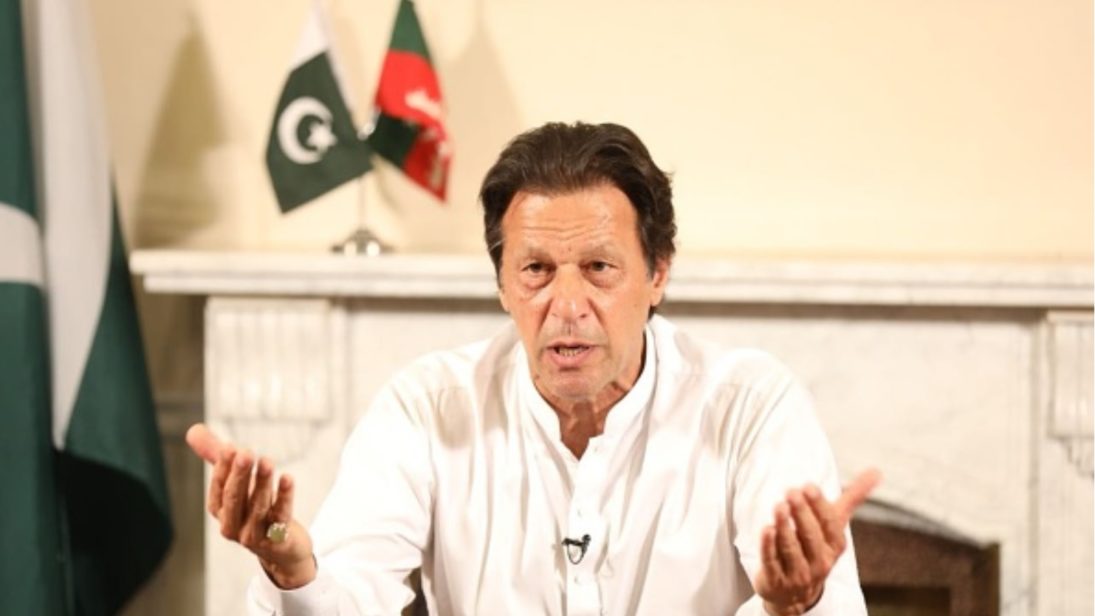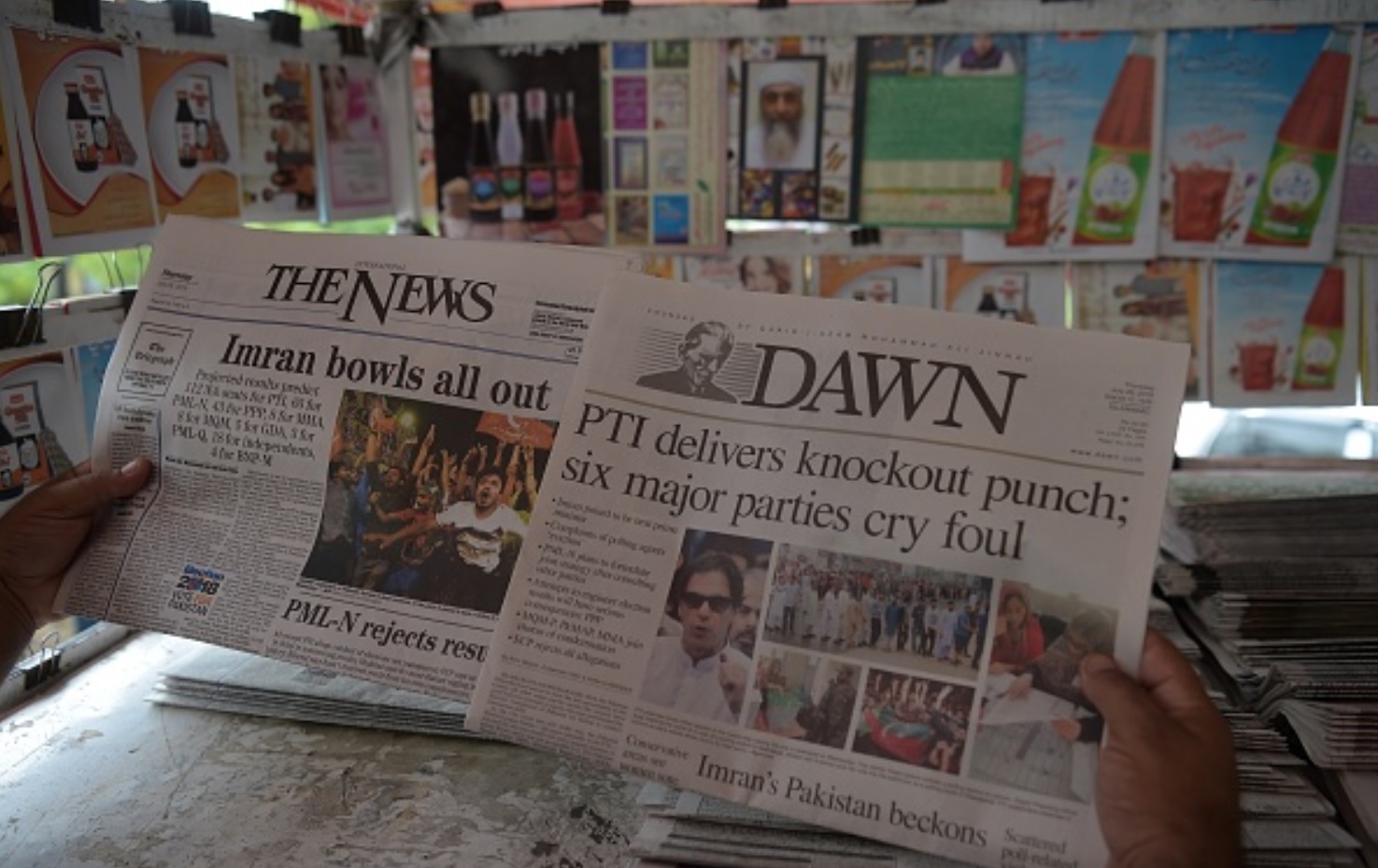
The July 2018 election has been criticized for being engineered in favor of Imran Khan’s Pakistan Tehreek-e-Insaaf, of being contested under China’s shadow, and for bringing religion to the fore of Pakistani politics. Yet the nation chose to exercise its right to elect a new government and cast their votes notwithstanding the terrorist attack in Quetta and despite the scorching heat across the country. The election was also a time for many firsts. Some women in conservative parts of Khyber Pakhtunkhwa (KPK) and Punjab cast their votes for the first time. Also, for the first time in Pakistan’s history, a man from the Kalash community of Chitral was elected to a minority seat in one of the country’s legislatures. Another first was that the Khyber Pakhtunkhwa province re-elected an incumbent party to power.
The Indian and Western press alike had dismissed Pakistan’s election as a sham, weeks ahead of the polls. Even some disenchanted Pakistanis joined the bandwagon, criticizing the elections. In one of his scathing columns in Foreign Policy, Hussain Haqqani, Pakistan’s former Ambassador to the United States, declared that the Pakistani nation would lose no matter who wins the election because “the Pakistani military…wants a civilian facade in the form of an elected government that follows the military’s dictates.” In its defense, the army has maintained that the military’s role was confined to facilitating the Election Commission of Pakistan in carrying out the elections and fulfilling its duties in a “non-political and impartial manner.” In the run up to the election, one of the major allegations against the army was the creation of a forward block headed by former Interior Minister Chaudhry Nisar. Nisar’s bloc allegedly emerged as a faction within the ruling Pakistan Muslim League-Nawaz (PML-N) when he parted ways with Nawaz Sharif ahead of the election and announced his decision to contest the elections independently. Following Nisar’s example, several other Sharif aides defected from the party to contest as independent candidates. Another allegation was the military establishment’s support for Khadim Hussain Rizvi’s Tehreek-e-Labbaik (TLP). But what gives credence to the idea that the military’s role may have been minimal is that both Nisar and Rizvi lost the election.
Despite this finger pointing and criticism of the military’s role in rigging the elections, Michael Gahler, the chief observer of the European Union Election Observation Mission to Pakistan said that “the army was deployed under a code of conduct and it was strictly following it.” He termed the polling situation of the general election satisfactory and though his detailed report will be released after more details are available, he said there was an improvement as compared to the previous election held in 2013.

On the issue of the establishment’s support for PTI, numerous accounts have emerged to counter the existing narrative against rigging in PTI’s favor. Some analysts such as Ejaz Haider and Nasim Zehra conceded that the PTI likely won on the strength of its performance in KPK on issues such as health, police, and education. While conceding his party’s defeat to PTI in KPK, Awami National Party (ANP) leader Ghulam Ahmed Bilour said: “It seems Imran Khan is the favorite leader of the people.”
Indications from his first media address as the PM-elect show that Khan wants to build goodwill after a contentious election. He said he was ready to investigate allegations of rigging leveled by opposition parties and promised wide-ranging forms including strengthening state institutions and ensuring accountability.
Another criticism against both Khan and the military has been their shared hatred for India. However, addressing these concerns during his speech, Khan said “if [India] takes one step towards us, we will take two.” He also said that bilateral ties had suffered because the two countries had a tendency to blame each other. “We want to improve our relations with India, if their leadership also wants it. This blame game that whatever goes wrong in Pakistan is because of India and vice versa brings us back to square one,” he said, raising hopes of regional peace in the future.
Notwithstanding its numerous imperfections, including allegations of rigging, the 2018 election led to unprecedented civil society engagement and electoral awareness in the country. The number of registered voters in the country went up during this election and though official numbers are not out yet, the voter turnout also seems to have been higher than 2013. Finally, and perhaps most importantly, the elections provided Pakistan’s polity and especially the PTI a chance to think about the formidable challenges that lie ahead. Imran Khan’s speech is a harbinger of change but without reflection and purposeful planning, will his vision for a “New Pakistan” come to fruition?
***
Click here to read this article in Urdu.
Image 1: Muhhamad Reza/Anadolu Agency via Getty Images
Image 2: Aamir Qureshi/AFP via Getty Images


